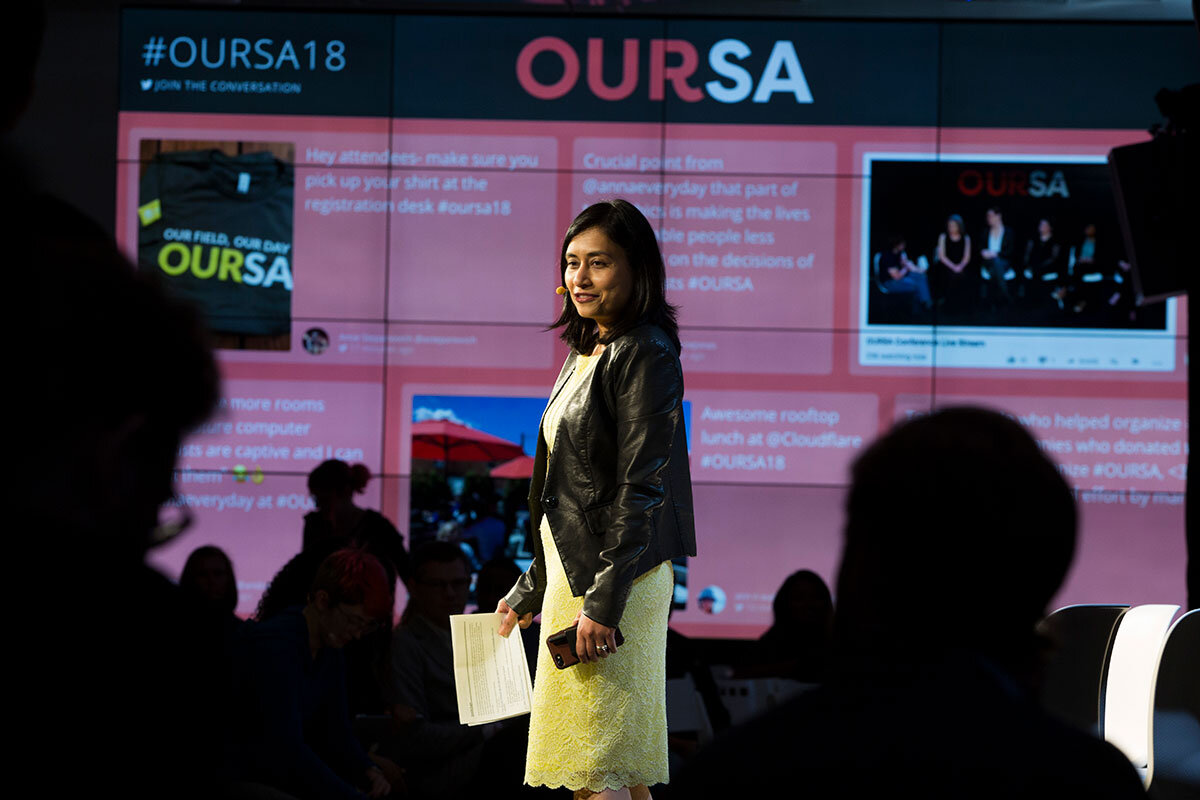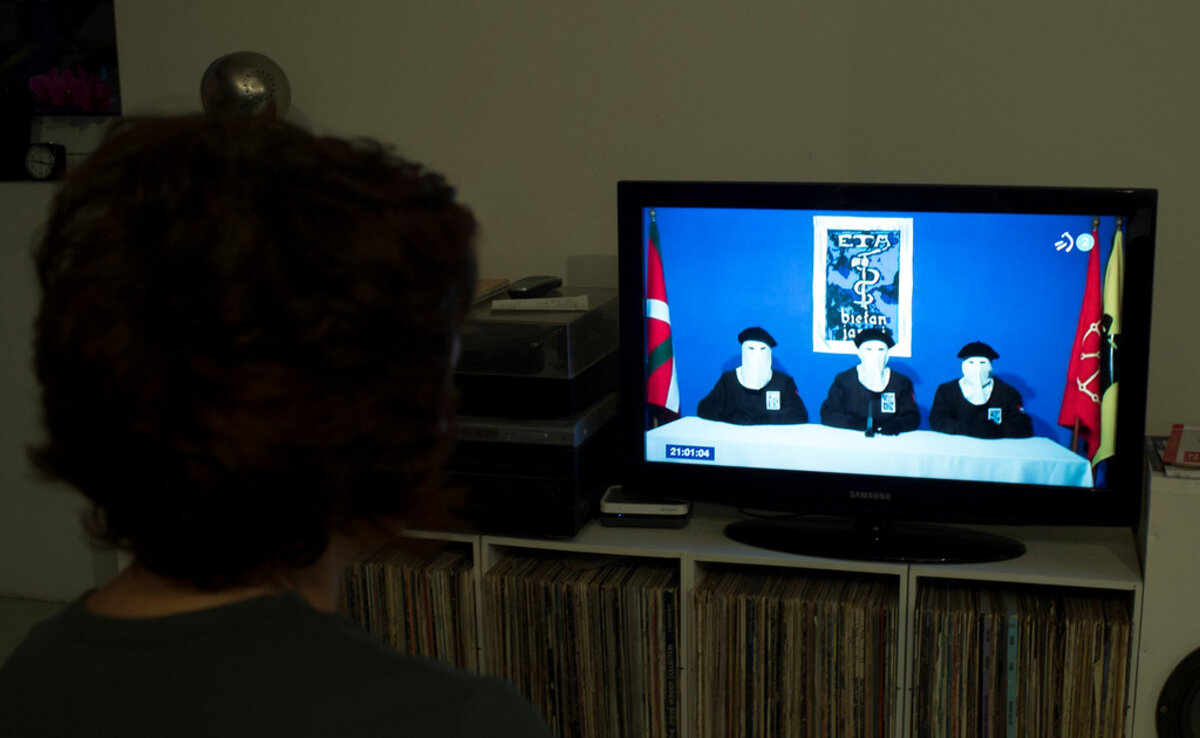Our first story is not of the news today, but it is very much of this moment in history. #MeToo is challenging views of power that objectify and exploit women and the vulnerable. For many faith communities, it points to a need to look inward.
Monitor Daily Podcast
- Follow us:
- Apple Podcasts
- Spotify
- RSS Feed
- Download
 Mark Sappenfield
Mark Sappenfield
There’s a debate we have in the newsroom – if not daily, then pretty close to it. Let me set the scene. First, news breaks. Let’s say the former head of the Federal Bureau of Investigation releases memos detailing his recollections of conversations with the president. (Hint, that happened yesterday afternoon.)
It’s news, yes. It will lead many news publications. But the memos have been leaked so much that there just isn't anything very interesting to say. Or, in another scenario, maybe there is something interesting to say, but nailing down the facts, reaching sources, and – perhaps most important – thinking deeply about why the story really matters, means that we can’t hit the deadline for today’s edition. So, what do we do?
We call this debate: news value versus distinction. We’re a news publication. We need to be newsy. So sometimes, we do the best we can in the time we have. But at the same time, the Monitor’s value is in its distinction. Our readers come to us for our lens – for insights that help them see the world differently and constructively.
Today, we went for distinction. Harry Bruinius’s lead story feels like a piece of distinctively Monitor journalism, even if it’s not bang on the news. By replying to this email, you can join our debate. It’s not a seat in the newsroom, maybe, but we’d love to hear your thoughts.
Here are our five stories for today, including a different perspective on environmentalism, diversity that gets beyond quotas, and the Monitor's decade-long journey with a remarkable woman.










